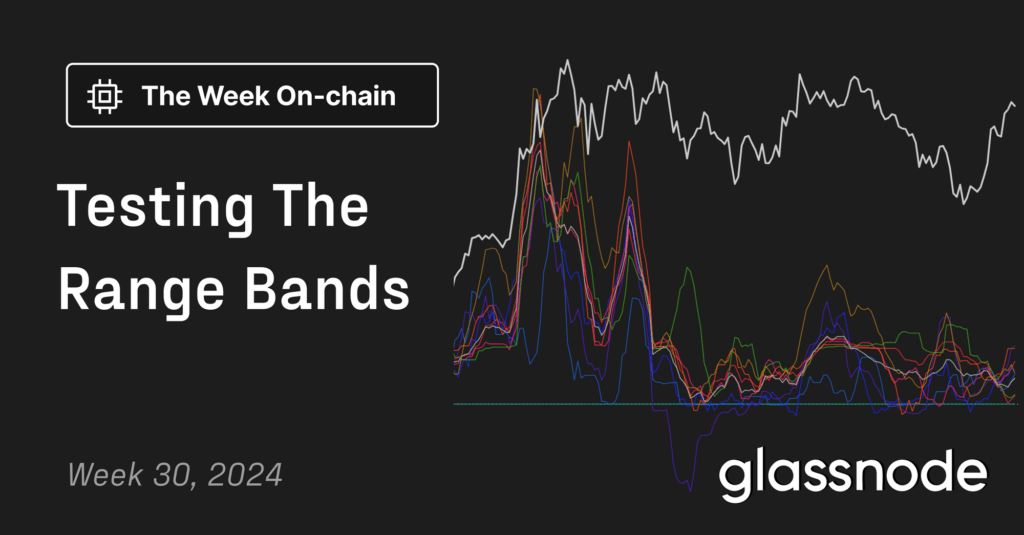Research Summary
The article discusses the recent allegations made by the U.S. Securities and Exchange Commission (SEC) against prominent cryptocurrency exchanges, Binance and Coinbase. These potentially landmark charges could significantly shape the trajectory of crypto in the United States. The article highlights the stark divergence in regulatory developments between the European Union and the United States. The EU, with the MiCA (Markets in Crypto-Assets) framework scheduled to commence in late 2024, has chosen to acknowledge digital assets as a new class of assets. In contrast, the U.S. approach is being driven by the SEC and state regulators, endeavouring to place digital assets within pre-existing regulatory structures, such as securities or commodities.
Actionable Insights
- Monitor Regulatory Developments: The serious allegations against Binance and Coinbase necessitate thorough examination. The charges insinuate that a majority of crypto assets should be categorised as securities, which would radically modify the regulatory landscape, potentially confining access to regulated Wall Street entities.
- Assess Market Shifts: Given the existing regulatory discrepancies, a volume shift in trading and innovation from the U.S. to jurisdictions with more accommodating regulatory landscapes might be imminent. This shift could have significant economic and strategic repercussions for the U.S. within the burgeoning digital asset space.
- Stay Informed on Exchange Activity: The lawsuit and its potential outcomes, while significant, do not spell doom for the crypto industry. Instead, they underscore the critical need for robust regulations to protect investors and maintain market integrity. Clarity and appropriate regulations are vital to carving a sustainable path for the crypto industry.














